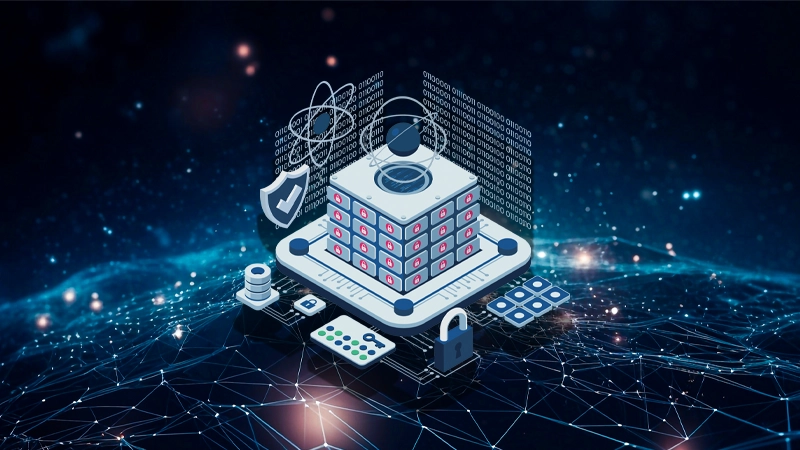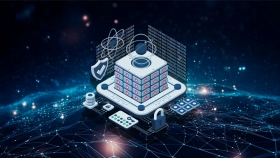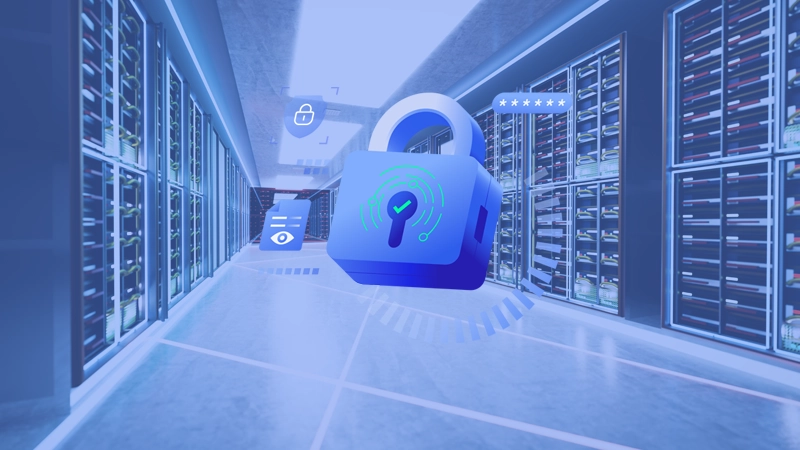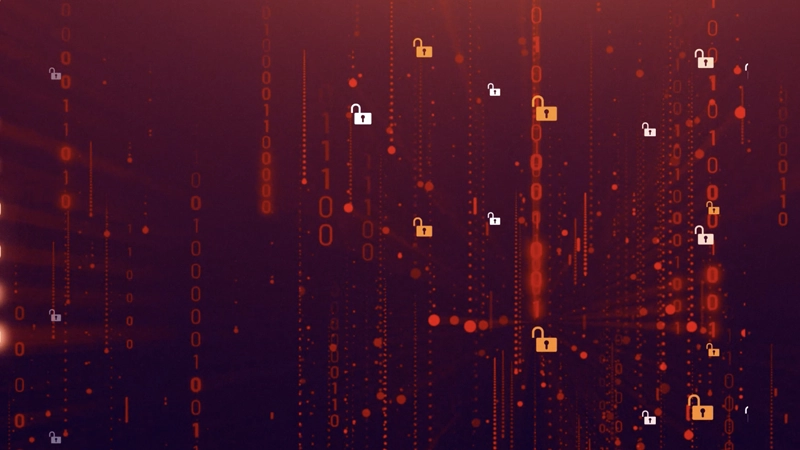Quantum Computing, Encryption, and the Cryptopocalypse

For several years, tech media has been telling the world that our encrypted data will no longer be secure after quantum computers come onto the scene. Reporters often call this the “cryptopocalypse.” Panicked stories like these attract clicks, and clicks attract ad revenue.
But the truth, as usual, is not so simple. Asymmetric encryption (using public/private key pairs) is vulnerable to quantum-based attacks, but strong symmetric encryption (using the same strong key to both encrypt and decrypt) will remain safe from quantum attacks. For cryptographers and other technically-minded cybersecurity people, this may seem obvious, but the message hasn’t reached the masses—even to many people who work in the industry.
PKWARE features many types of remediation for sensitive data, including both persistent and transparent encryption, which both use AES-256. (Find out more about PKWARE’s approach to encryption.)
As part of our approach for dealing with a post-quantum world, PKWARE also uses strong symmetric encryption algorithms for some applications that traditionally use asymmetric encryption, such as email. (Learn more about PKWARE’s approach to email encryption.)
If you’re looking for a quantum-resistant approach to protect your sensitive data, make sure you’re using strong symmetric encryption, and make sure it can be applied to the applications you need.
Find out how the PK Protect suite can encrypt and remediate your information. Get a free demo now.










